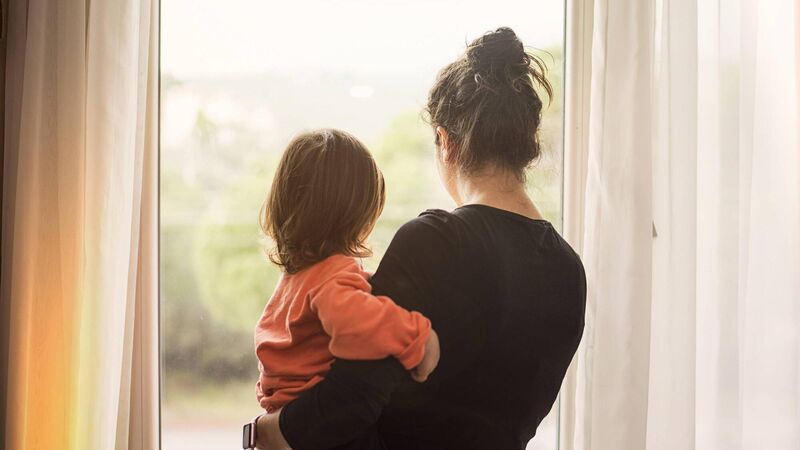Record homelessness figures force longer stays in emergency accommodation

Depaul chief executive David Carroll said: 'One in two Depaul service users have been staying in our emergency accommodation services beyond the recommended six-month stay .... This is not a good long-term environment for anyone — adults or children.'
People are being forced to spend longer in temporary accommodation than they should, charities have said, as new figures show a further deepening of the homelessness crisis.
The latest figures from the Department of Housing showed there were 12,259 people in emergency accommodation last month, a rise of 2.2% on the previous month, and a new all-time high.













